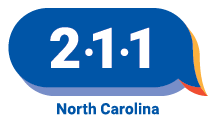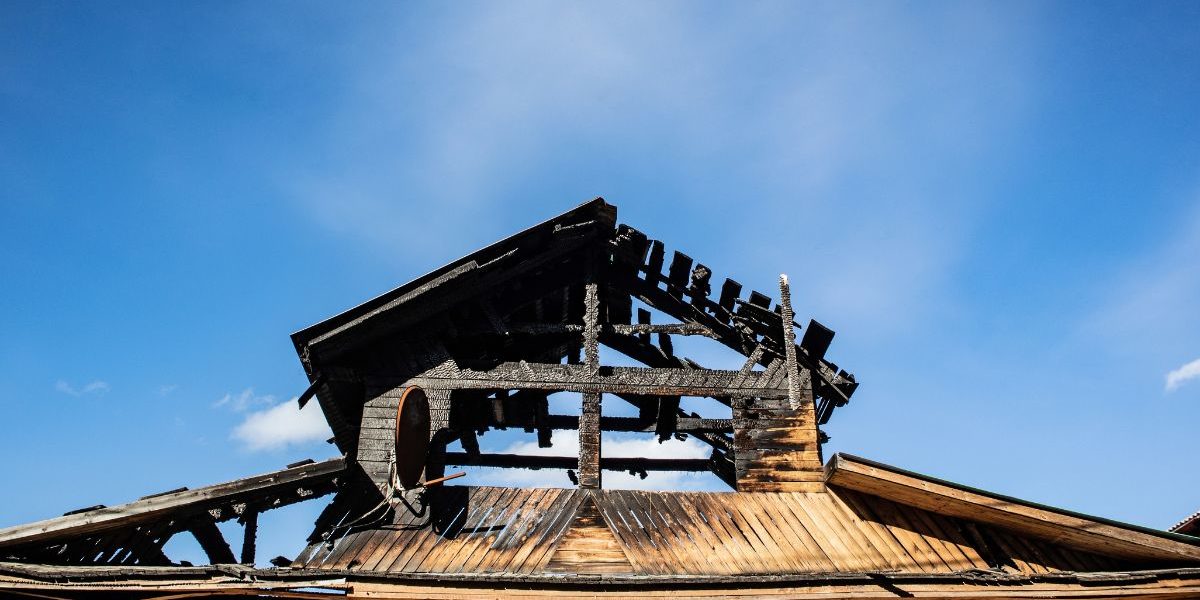Fires spread quickly, so it’s important to know how to prevent them and what to do if a fire starts in your home.
How can I prevent home fires?
There are many ways you can help prevent fires in your home:
- Stay in the kitchen when you’re cooking and make sure your sleeves stay out of the way.
- Position barbecue grills at least 10 feet away from the house.
- Always keep a fire extinguisher available.
- Keep an eye on electrical aspects of your home – replace old cords, shut off light switches that are hot to the touch, etc.
- Keep an eye on heaters and make sure combustible objects are kept several feet away.
- Inspect woodstove pipes and chimneys annually, use fireplace screen and make sure fires are completely out before leaving.
- Store matches/lighters out of children’s reach and never leave children unattended near flaming objects.
How can I be prepared for a home fire?
- Have a fire escape plan and practice regularly.
- Place smoke alarms throughout the house and keep up with maintenance (replacement, batteries, etc.)
- Make digital copies of important documents
- Keep a fire extinguisher in your kitchen.
- Sleep with the bedroom door closed.
What should I do during a fire?
- Crawl low under any smoke to your exit.
- Do not open a door if you see smoke is coming through or the doorknob feels hot. If you do open a door, open it slowly and be ready to shut quickly if needed.
- If you can’t get to a person or pet needing assistance, leave the home and call 911 or the fire department. Tell the emergency operator where the person or pet is located.
- If you can’t get out, close the door and cover vents and cracks around doors with cloth or tape to keep smoke out. Call 911 or your fire department. Say where you are and signal for help at the window with a light-colored cloth or a flashlight.
- If your clothes catch fire, stop, drop, and roll – stop immediately, drop to the ground, and cover your face with your hands. Roll over and over or back and forth until the fire is out.
What should I do after a fire?
- Contact your local disaster relief service if you need temporary housing, food and medicines.
- If you are insured, contact your insurance company for detailed instructions on protecting your property, conducting inventory and contacting fire damage restoration companies.
- Check with the fire department to make sure your residence is safe to enter and do not attempt to reconnect utilities yourself.
- Conduct an inventory of damaged property and items and begin saving receipts for any money you spend related to fire loss to provide to the insurance company.
- Notify your mortgage company of the fire.
What details should be considered for older adults or people with disabilities?
- If you use a walker or wheelchair, check all exits to be sure you get through the doorways. If needed, make accommodations (exit ramps, widening doorways, etc.).
- Contact your local fire department’s non-emergency line and explain your special needs. Ask emergency providers to keep your special needs information on file.
- Keep a phone near your bed and be ready to call 911 if a fire occurs.
- For visually impaired people, make sure your audible alarm pauses between cycles so they can listen to instructions.
- For hearing impaired people, make sure your smoke alarm has a vibrating pad or flashing light.
Need more information?
To learn more about how to prepare for disasters visit ready.gov or call 2-1-1 (1-888-892-1162) to speak with a call specialist from NC 211.
SOURCE: ready.gov
Last updated 3/23/2022


